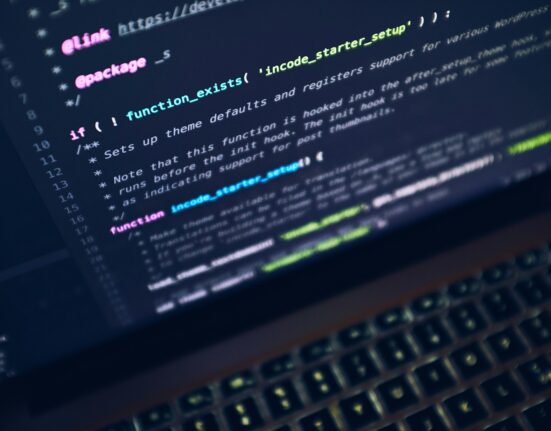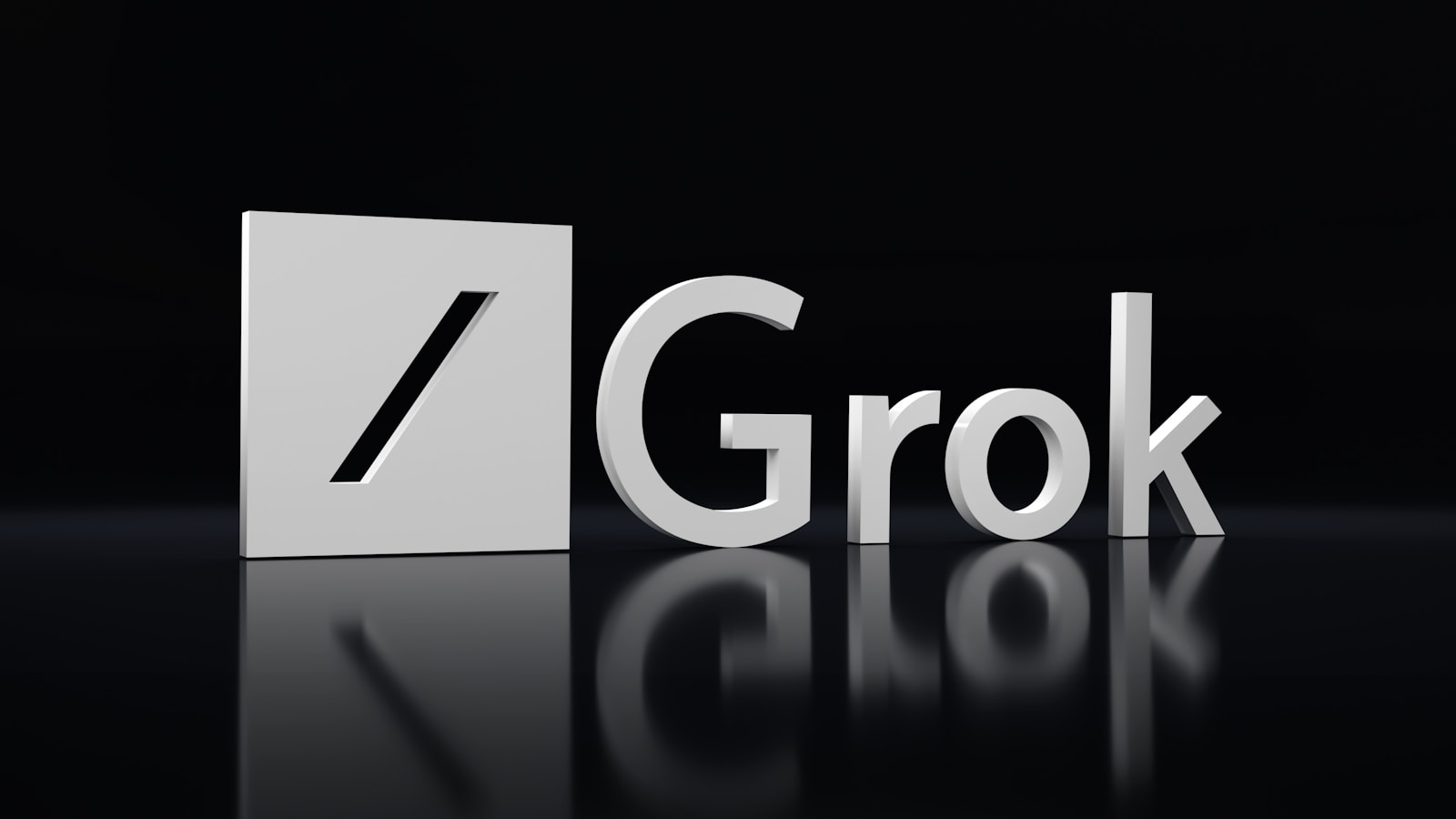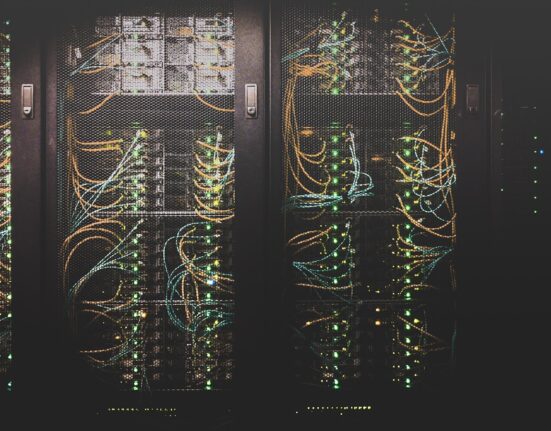Telegram is stepping boldly into the AI era, announcing a landmark partnership with Elon Musk’s xAI to bring Grok AI—the conversational intelligence behind X (formerly Twitter)—into its encrypted messaging ecosystem. The deal is worth a hefty $300 million, split between cash and equity, signaling that this isn’t just a flashy headline—it’s a strategic pivot for both companies.
AI as a Core Feature: What Grok Means for Telegram
The integration will embed Grok across Telegram’s billion-plus user base, powering a range of smart features like enhanced search, message drafting assistance, and automated agent-style functionality. In a social messaging space increasingly crowded with AI-augmented experiences, Telegram’s move mirrors Meta’s AI infusion into WhatsApp via LLaMA models.
Telegram will also get a 50% cut of all subscription revenue generated by Grok users inside its platform, making this more than a tech play—it’s a major monetization effort. As Telegram aims to diversify its revenue, Grok could be a key unlock.
“🔥 This summer, Telegram users will gain access to the best AI technology on the market,” CEO Pavel Durov posted on X. “@elonmusk and I have agreed to a 1-year partnership to bring xAI’s @grok to our billion+ users and integrate it across all Telegram apps 🤝”
Financial Rebound and Investor Confidence
The Grok integration comes at a high point for Telegram’s finances. After a difficult 2023—where the platform posted a $173 million loss—Telegram turned things around dramatically in 2024, pulling in $540 million in profit on $1.4 billion in revenue.
Now, the company is preparing to raise $1.5 billion through five-year bonds offering a 9% yield, aimed in part at refinancing its 2021 debt. Investors like BlackRock, Mubadala, and Citadel are reportedly on board—an indicator of strong confidence despite the legal storm clouds gathering overhead.
Legal and Regulatory Headwinds
That storm is being driven in large part by Pavel Durov’s legal troubles. The Telegram founder was arrested in France in August 2024 and later indicted on serious charges, including complicity in the spread of child exploitation content and drug trafficking. These allegations stem from claims that Telegram failed to adequately moderate illegal activity on its platform.
Although Durov was allowed to leave France temporarily as of March 2025, the case remains unresolved, casting a shadow over both his leadership and the company’s global reputation.
And it’s not just Durov in the hot seat. Governments, too, are beginning to act. Vietnam’s Ministry of Science and Technology recently ordered ISPs to block Telegram, citing a surge in cybercrime. Officials claimed 68% of local Telegram groups were involved in fraud, narcotics, or other illegal activity—an allegation Telegram denies, saying it has always cooperated with legal requests.
Betting Big on AI to Move Forward
Despite the controversy, the xAI deal is a clear statement of intent. Telegram is looking beyond its legal and regulatory challenges, and sees AI as the future of engagement, utility, and monetization. By tapping into xAI’s Grok, it joins the growing movement of messaging platforms transforming into AI-powered superapps.
With Grok’s capabilities and Elon Musk’s marketing firepower, Telegram is hoping to cement its role as the go-to messenger for the next digital wave. But the next 12 months will be pivotal: can Telegram drive innovation while proving to the world—and its critics—that it can also operate responsibly?
The company’s future may hinge not just on the power of AI, but on its ability to show ethical leadership in an era where tech giants are being scrutinized like never before.










